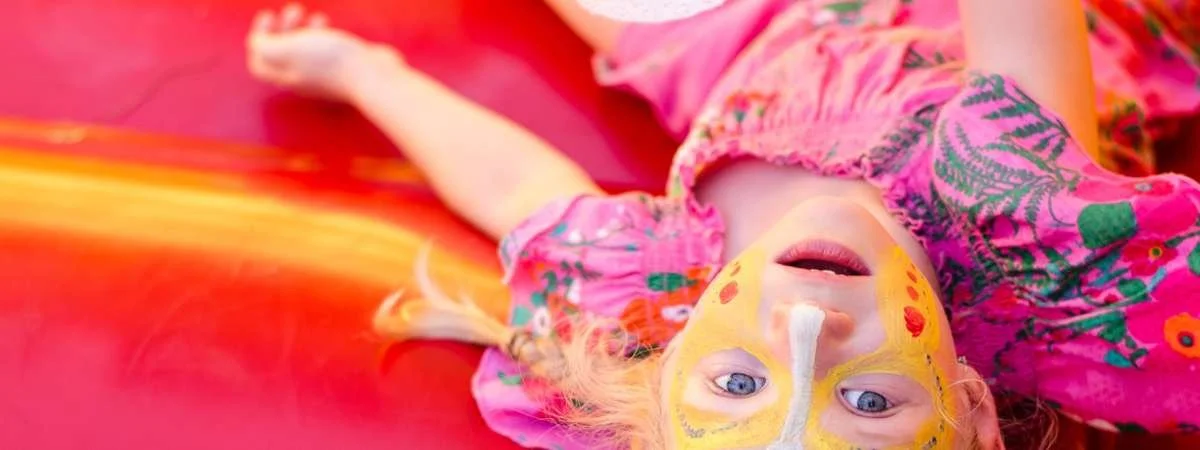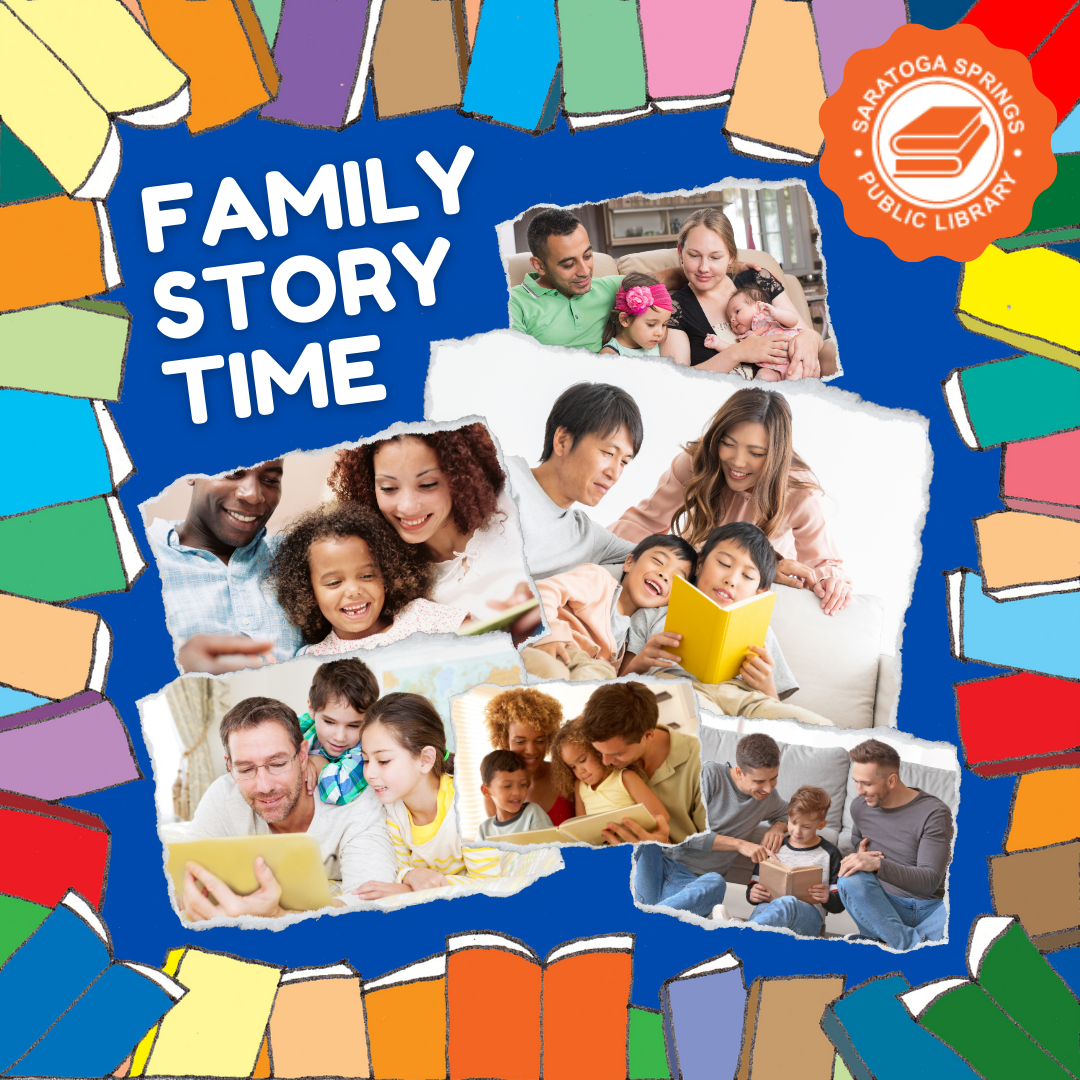Andy Griffiths is the New York Times bestselling author of The Day My Butt Went Psycho!, Zombie Butts from Uranus!, and Butt Wars! The Final Conflict, as well as the Treehouse Series and Killer Koalas from Outer Space. In 2007, he became the first Australian author to win six children’s choice awards in one year for Just Shocking! He lives in Melbourne, Australia, and is Australia’s most popular children’s writer. He will be here in Saratoga Springs at Northshire Bookstore on Saturday March 23rd, tickets are required for this event and space is limited.
Tickets are $5 for children and unaccompanied adults, and are good for $5 off any book by Andy Griffiths purchased in the store the day of the event. Tickets are free for adults attending with a child. Click here to purchase tickets!
We had the pleasure of interviewing Andy ahead of his Saratoga Springs visit, and chatted with him about what inspires him to create and advice he has for young writers.
How old were you when you started writing?
I was writing as soon as I was able to pick up a pen. I delighted in writing and drawing simple cartoons that amused both my family and, when I got to school, my friends and teachers. I got an old Underwood typewriter from a school fete when I was in Grade 4 and taught myself to touch type from a typing book. I then started making little magazines full of stories and jokes that I sold to other students for three cents a copy. When I eventually became a high school English teacher I started writing for and with my students and my professional writing career sort of took off from there.
2. What were some of your favorite stories and books growing up?
Alice’s Adventures in Wonderland. Dr Seuss books. The Adventures of Pinnochio. Winnie the Pooh. The Magic Faraway Tree and The Wishing Chair by Enid Blyton. Twilight Zone-style American comic books. Basically anything that promised fantasy, adventure and humor … preferably all three mixed together!
3. You have two daughters, what do they think of your books?
They are young adults now, but growing up I think they were bemused by my books and how much other children and their friends liked them. They were captivated by the books of other authors—not their dad’s!
4. In interviews you have talked about the importance of boredom in children’s lives and the effects that over scheduling can have on them and we couldn’t agree more, could you tell us more about how you think boredom can positively affect children?
I prefer to think of boredom as space … free space in which anything can happen. While there may be many secondary and unpredictable benefits, pure play has no agenda, no measurable outcomes. It is enjoyable for its own sake. Perhaps one of the most powerful ways for a parent to teach this is to model it for your children. Turn off your own screens and let them see you being creative and indulging your own playful instincts and curiosity.
5. What do you hope a child gains from reading your books?
A few things I guess. I would hope that they have a joyful and pleasurable reading experience and so are encouraged to go on and read more. I hope they get a sense of the limitless freedom and exhilarating possibilities of the imagination. You really can go anywhere and think anything, and Terry and I delight in challenging ourselves to go to ever more outlandish and unthinkable places with each new Treehouse book. I also hope our readers have a really good laugh and develop an appreciation of the possibilities of humor to inspire them to be more creative in their thinking and to reap all the health benefits of laughter. And last—but not least—to develop their functional reading skills so that they are better able to negotiate the world of print and enjoy all the benefits—health, career & personal—that increased literacy skills bring.
6. You’ve talked in the past about your experience growing up free range in the 70s, how do you think parents can implement some of those freedoms for their own children in today’s society?
The free range parenting of the 70s gave us plenty of freedom, sure, but it also exposed us to dangers and risks that perhaps weren’t entirely desirable. I think parents need to employ a degree of sensible—but not extreme—risk management for their children that allows opportunities for non-supervised, non-adult driven playing time. Every child is different, of course, but parents definitely need to be there to help children strike a reasonable balance between screen and non-screen time.
7. If there is one thing children today need more in their lives, what do you think that is?
Play. An abundance of unscheduled screen-free time to allow them space to play, read and dream.
8. Where do you draw inspiration from for your books?
A lifetime of reading and keeping my eyes and ears open. Movies and TV can also be great sources of inspiration, as can travelling, which I get to do a lot of these days thanks to the success of the books. One of the best ways, however, is simply to sit down with (book illustrator) Terry Denton and just play around with words and pictures and try to make each other laugh: ideas can multiply faster than we can write and draw them when we do this.
9. What advice would you give to a child that loves to write?
Purchase a very cheap exercise book and resolve to write or draw or paste something into it every day. It’s a book for collecting pictures and ideas that interest you for whatever reason. While you are creating this ideas book you will be getting invaluable writing practice. The more they practice writing and becoming comfortable with thinking-in-writing the more they will be able to do. And, also, just as importantly, to read as many books as they can. As Doctor Seuss so memorably said, ‘the more you read, the more you know, and the more you know, the more places you’ll go!’
A big thank you to Andy for the interview, and we will see you at Northshire on Saturday!









